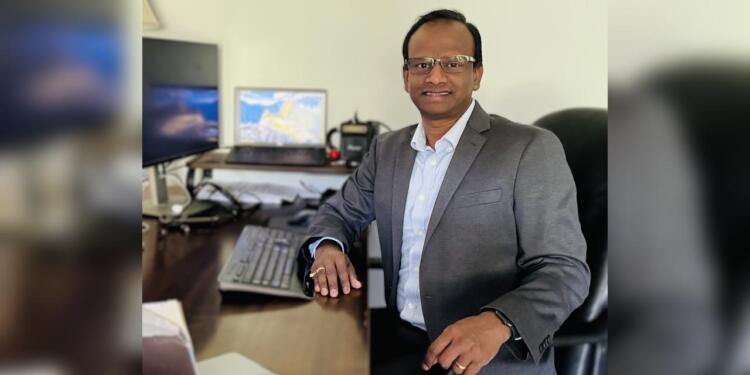Technological advancements are reshaping the way theatres operate, manage content, and deliver exceptional viewing experiences. At the forefront of this transformation is the integration of sophisticated Theatre Command Center systems, which have become essential tools in streamlining operations, reducing human error, and enhancing overall efficiency. These systems are not just about automation; they represent a significant leap towards a more centralized, data-driven approach to theatre management, offering real-time insights and seamless integration with various platforms. Through the lens of a seasoned software engineer, this article explores the pivotal role these systems play in modern cinema operations, the challenges overcome in their development, and the trends shaping the future of the industry.
Kailash Alle’s work in theatre management and automation has led to significant advancements that are transforming the industry. As an expert in this field, he has been instrumental in the development of the Theatre Command Center, a comprehensive system that automates and centralizes the management of theatre operations. This innovative system has revolutionized how theatres handle content, scheduling, and system health, leading to enhanced efficiency and reduced human error.
Integrating the Theatre Command Center with a diverse set of media playout servers, including systems like Dolby, Doremi, GDC, Qube, and FilmStore, as well as various POS systems are the achievements that underscore his approach to fostering seamless connectivity across different technologies without drawing attention to it as a standalone milestone, these are the efforts put in by Kailash. This integration has ensured seamless communication across different platforms, allowing theatres to operate more smoothly and effectively. The automation of screen playlists and KDM ingestion has reduced manual scheduling time by 90%, while also decreasing human errors by approximately 80%. These improvements have led to significant time savings and increased operational efficiency.
By centralizing management and enabling real-time reporting, this advancement has subtly elevated industry benchmarks for automation. The result is a more cohesive control experience that allows theatre operators to efficiently manage their entire system from a single interface, swiftly address issues, and enhance both operational reliability and customer satisfaction.
He emphasizes the importance of prioritizing user experience in the development of automation systems. He believes that while technology is critical, it must be intuitive and user-friendly to maximize its benefits. Additionally, he advocates for seamless integration with existing systems and staying agile in a rapidly evolving industry.
He also played a key role, he shared, “In integrating advanced technologies like Dolby Atmos and the ScreenVision API, which have enhanced the viewing experience and opened up new revenue opportunities through sophisticated ad placements. These projects reflect a broader trend in the industry toward embracing new technologies that elevate the cinema experience.”
Looking ahead, he anticipates a growing focus on personalized and data-driven operations in the cinema industry. As theatres gather more data on audience preferences and behaviors, the use of AI and machine learning in automation systems will likely become more prevalent. This will enable theatres to predict and respond to audience needs in real time, further enhancing the customer experience.
In conclusion, Kailash Alle’s work in theatre management and automation highlights the transformative power of technology in modern cinema. His contributions have not only improved efficiency and reduced errors but have also set a new benchmark for innovation in the industry. As the cinema industry undergoes continuous transformation, Kailash’s expertise and perspectives are poised to play a crucial role in guiding its future direction.


























